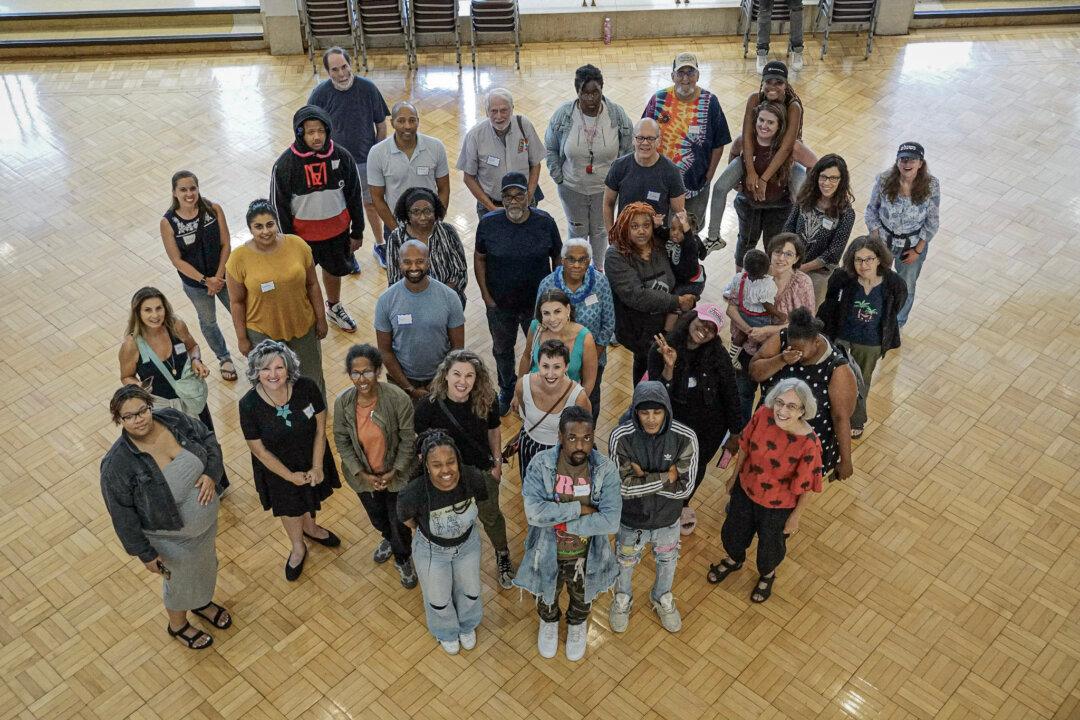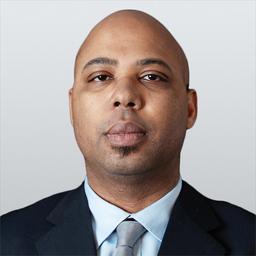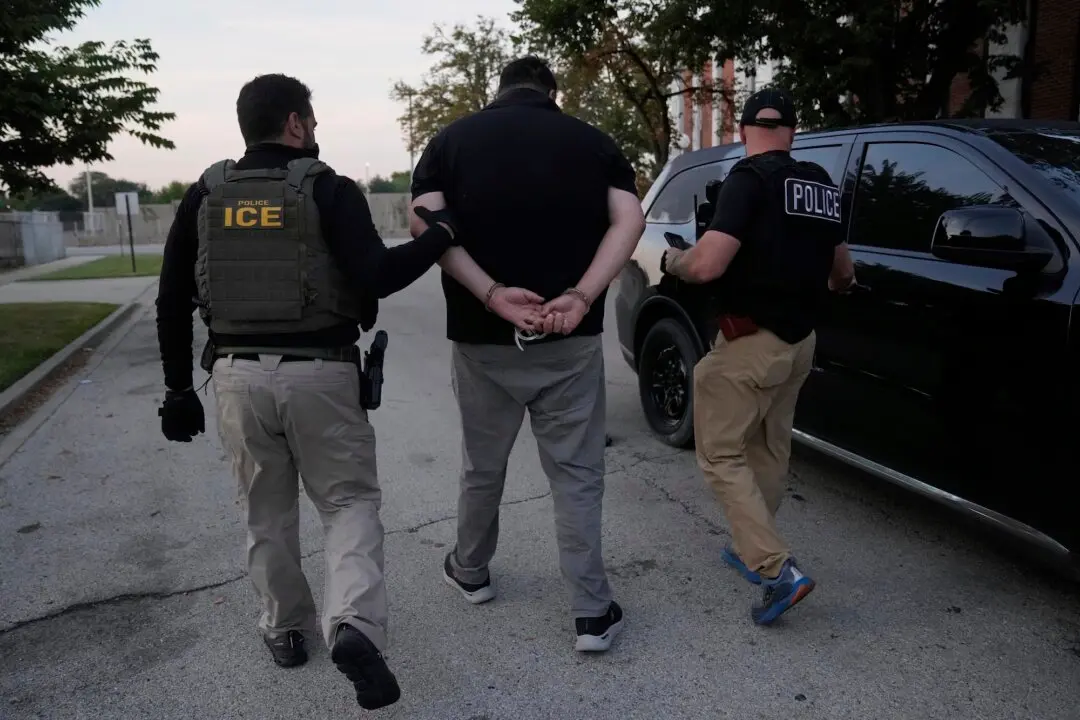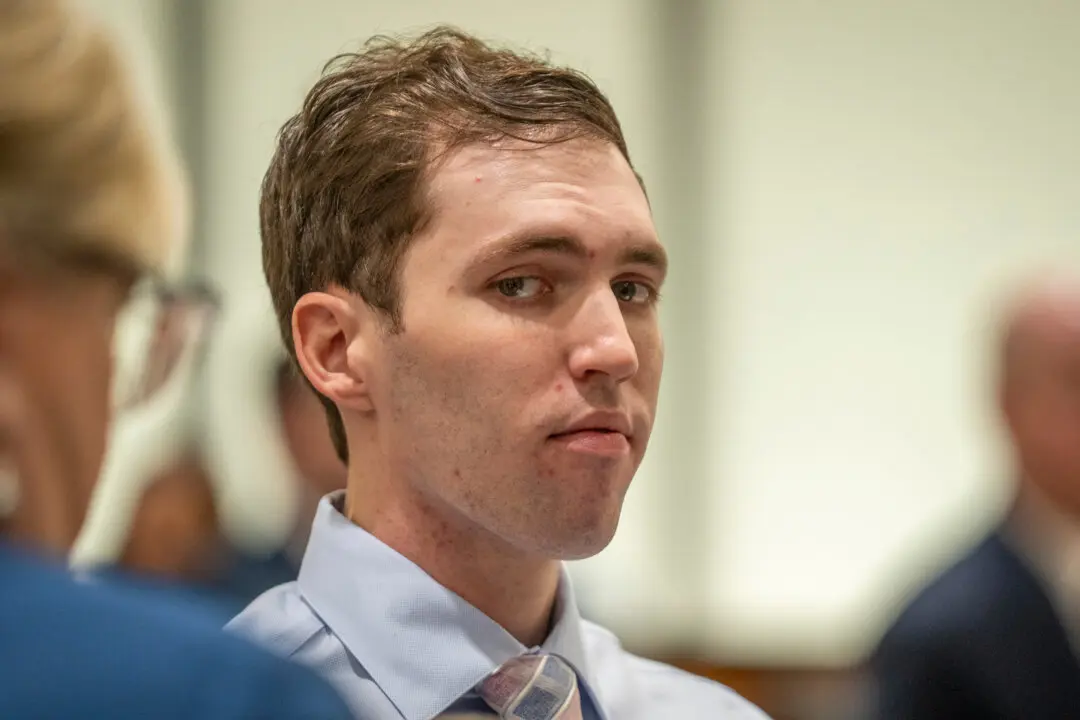WASHINGTON—In the background, usually unnoticed, employees and volunteers at two Washington nonprofits work tirelessly to change the lives of children and teenagers living in tough circumstances. And they’re doing it the hard way, one kid at a time.
The Anacostia area of southeast Washington has historically faced challenges with education outcomes. In 2018, its on-time high school graduation rate had fallen to a dismal 42 percent, with some schools dipping as low as 13 percent.





